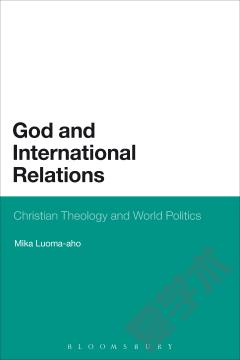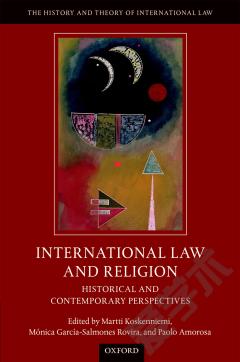Religion and Politics in International Relations —— The Modern Myth
----- 国际关系的宗教和政治
Scholars in International Relations concerned with religion and its relations to world politics are rhetorically constructing a powerful modern myth. A component of this myth is that religion is inherently violent and irrational unless controlled by the secular state, which is inherently rational and only reluctantly violent. Timothy Fitzgerald discusses how, in this modern myth, "religion" appears as a force of nature which either assists or threatens the sacred secular order of things, and how religion is portrayed as a kind of universal essence which takes many forms, its recent most dangerous manifestation being "Islamic terrorism". This book illustrates that the essential distinction between irrational religion and rational secular politics appears as an unquestioned preconception on the basis of which policy is conducted, countries invaded and wars fought. Arguing that this rhetorical construction of religion provides the foundation for faith in the rationality of modern liberal capitalism, Fitzgerald demonstrates how a historically contingent discourse has been transformed into a powerful set of global assumptions.
{{comment.content}}








 京公网安备 11010802027623号
京公网安备 11010802027623号